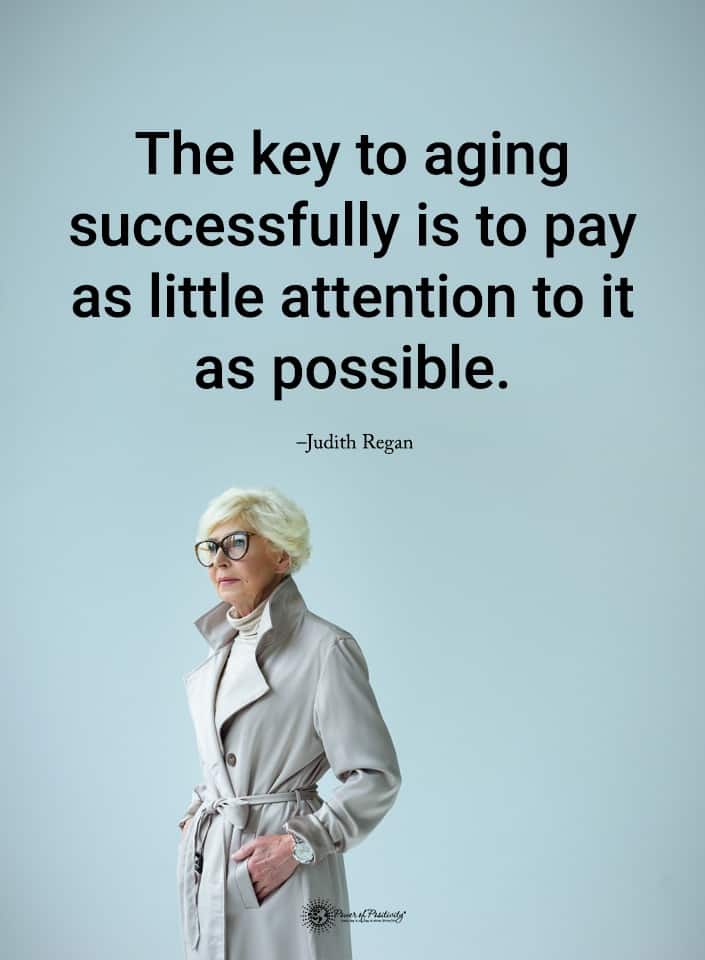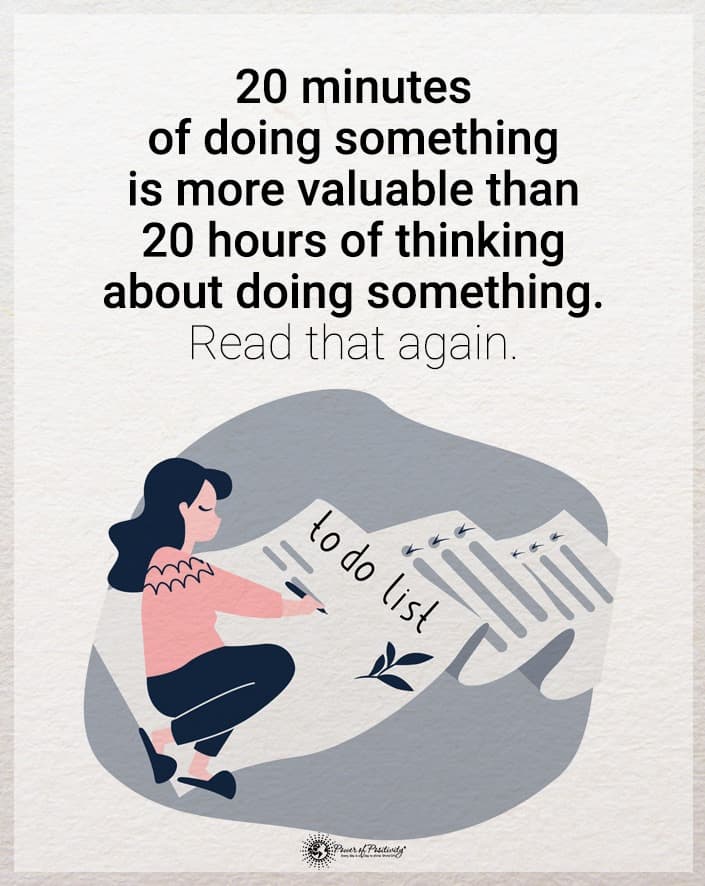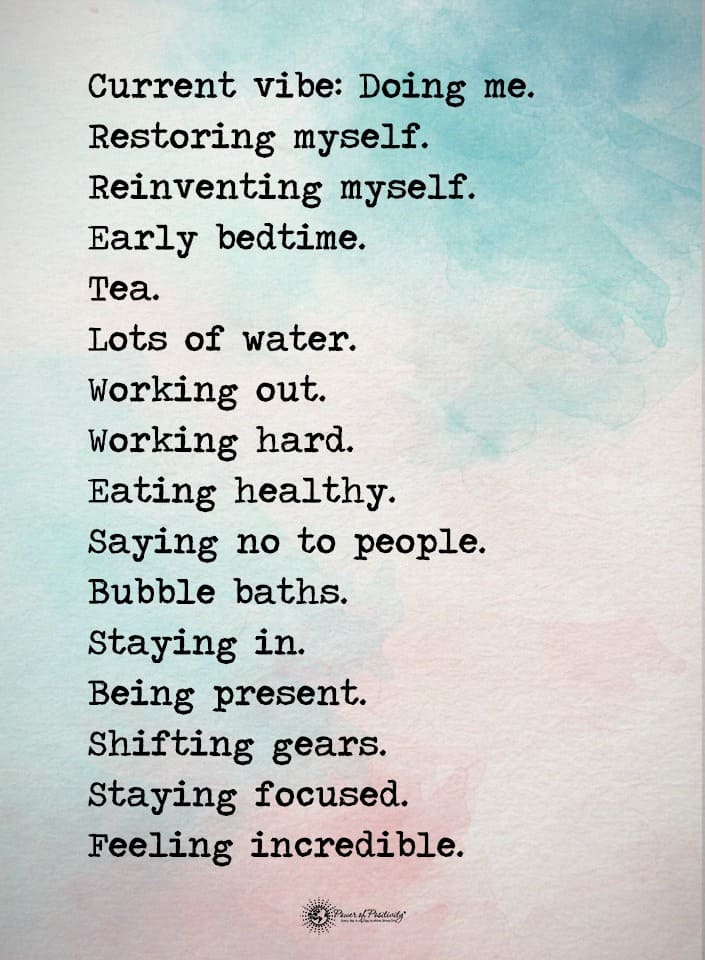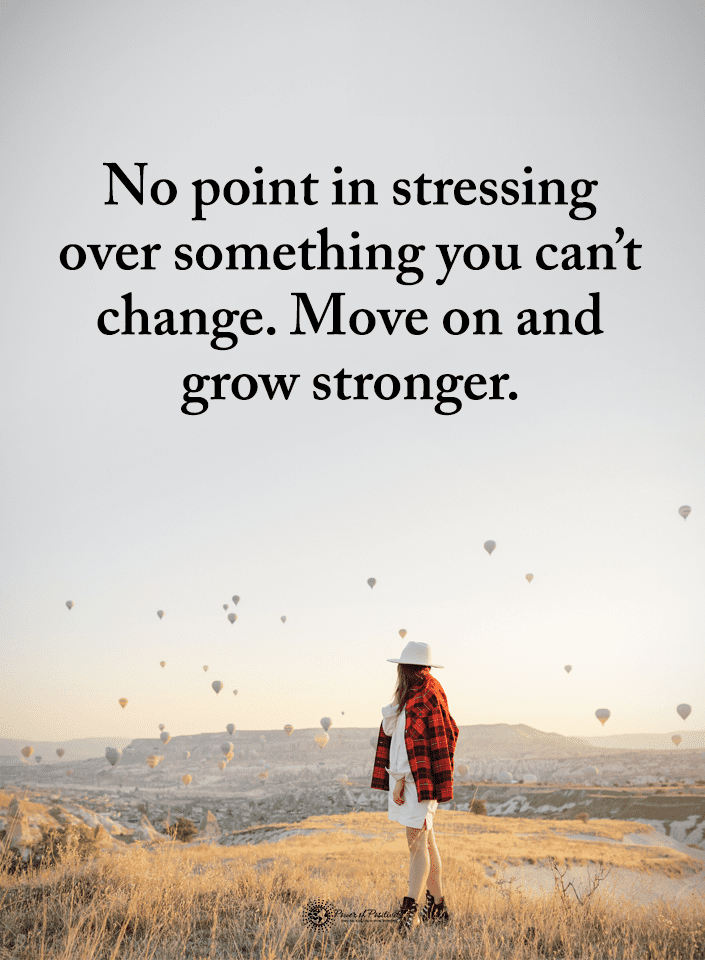Many people use sensitive skin care products to keep their skin looking young and vibrant. However, choosing the best one can be challenging with many available options. Some skin care creams and lotions may have hidden ingredients that irritate your skin. Others may make delicate skin feel itchy and dry or leave blemishes. That’s why it’s essential to test various products before choosing one for your skincare regimen.
But sensitive skin care isn’t only about choosing the right cosmetics. You must also drink plenty of water daily to keep your skin hydrated. In addition, it helps to be mindful of how much sun exposure you get each day. Too much time in the sun can cause sunburns and redness for people with sensitive skin. Finally, it’s a good idea to see a dermatologist yearly for a general checkup.
Below, we’ll go over a few common sensitive skin care tips most people overlook. That way, you’ll know the proper techniques for optimal skin care.
5 Sensitive Skin Care Tips For Healthy Skin

Did you know around 60-70% of women have sensitive skin? While this skin type is prevalent, many women still struggle to find cosmetics that don’t irritate them. Even if you discover a decent product, it can still cause a breakout days after you’ve applied it. So, how can you differentiate between false advertising claims and genuine products?
Board-certified allergist and immunologist Anjuli Mehrotra, M.D., has found the answer. She made it her life’s mission to help patients with sensitive skin and created a specially designed beauty product. She noticed that many of her patients had itchy, inflamed skin even after using hypoallergenic products without fragrances. Sadly, these cosmetics contained hidden toxic ingredients, creating an adverse reaction days later.
She offered tips for people with sensitive skin to choose high-quality products.
1. Take marketing claims with a grain of salt.
Sadly, many companies use false advertising to sell their products, but they’re not totally to blame. Poor regulations and oversight have led to numerous cosmetics hitting the market that don’t meet expectations. For instance, many sensitive skin products are labeled ‘hypoallergenic,’ which doesn’t mean much at face value.
No defined regulations exist for this term, so companies can still sell products with major allergens and get away with it. They might contain hidden essential oils and fragrances, which can cause rashes for some people. So, reading every ingredient and research before buying skin care cosmetics is best.
2. All-natural products aren’t always better.
A product that contains natural ingredients doesn’t make it free of allergens. Synthetic products often have a poor reputation in today’s world as more people want environmentally friendly options. However, some natural sensitive skin care products can still cause harm to the planet and your skin. For example, many hypoallergenic creams contain lanolin (derived from sheep’s wool) and propolis (or beeswax).
While these all-natural ingredients can increase moisture in the skin, they can cause an adverse reaction for some people. So, if you have sensitive skin, keep an open mind to cosmetics with synthetic ingredients. You might have better luck with these beauty items than the natural options.
3. Patch test for at least a few days for sensitive skin care.
Some people like to try a new product on a section of skin before applying it all over their bodies. Doing a patch test ensures that if you have a bad reaction, it won’t cause a full-body breakout. Keeping it isolated to a small area helps you recover faster if you don’t react well to a cosmetic. It also makes any discomfort easier to bear if the product doesn’t cover a large area.
Most people like to patch test on the inside of their wrists or bend of their elbows. Then, they will try it out on their face if they don’t have an adverse reaction. This might seem like a logical approach to applying skin care products, but not necessarily for those with sensitive skin. People with reactive skin should first patch test on their jawline and continue for several days.
Applying a dime-sized amount of the cosmetic in this area for two to three days should do the trick. Then, if you notice any bumps, irritation, or redness, you’ll know to avoid using the product. After four or five days without any reaction, you can continue using the cosmetic. It might seem annoying or inconvenient to wait long before using a product. However, it beats dealing with a nasty rash on your face!
4. Avoid sunscreens with certain chemicals.
You might think little about sunscreen since it protects your skin. However, sensitive skin care requires paying more attention to the ingredients in your sunscreen. People with sensitive skin react more strongly to certain chemicals in traditional sunscreens. For instance, most dermatologists suggest avoiding the following ingredients: oxybenzone, avobenzone, homosalate, ensulizole, octocrylene, and octinoxate.
The Environmental Working Group (EWG) found that all these chemicals penetrate the skin and cause allergies. Also, they remain on the skin weeks after being applied, leading to hormone disruption.
5. Choose products with soothing ingredients.
As we said earlier, some people might break out when using products with natural ingredients. However, you can always perform a patch test to see how you react. In general, you should choose cosmetics with gentle, mild ingredients, such as the following:
- Hyaluronic acid
- Aloe vera
- Vitamin E
- Olive oil
- Chamomile
- Shea butter
- Sunflower seed oil
- Coconut oil
These ingredients add moisture and healthy fats to the skin, creating a youthful effect.

Final Thoughts on Best Sensitive Skin Care Tips
Sensitive skin care involves a bit of trial and error to find what works for you. Some people react strongly to common, natural ingredients, while others find that synthetic cosmetics disagree with them. People with sensitive skin should investigate marketing claims closely and read labels thoroughly. It helps to research and read other consumers’ reviews before buying new products.
Also, avoid harsh chemicals and sunscreens that can trigger allergic reactions in some people. Finding effective sensitive skin care products might seem daunting, but it’s possible with patience and research.
















